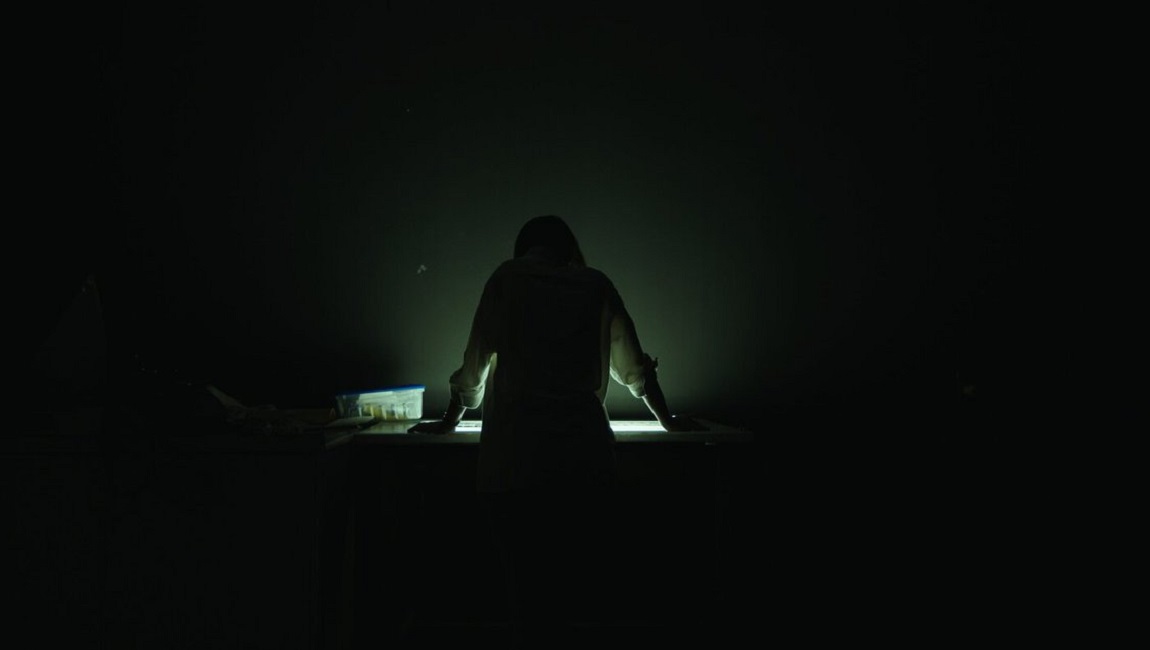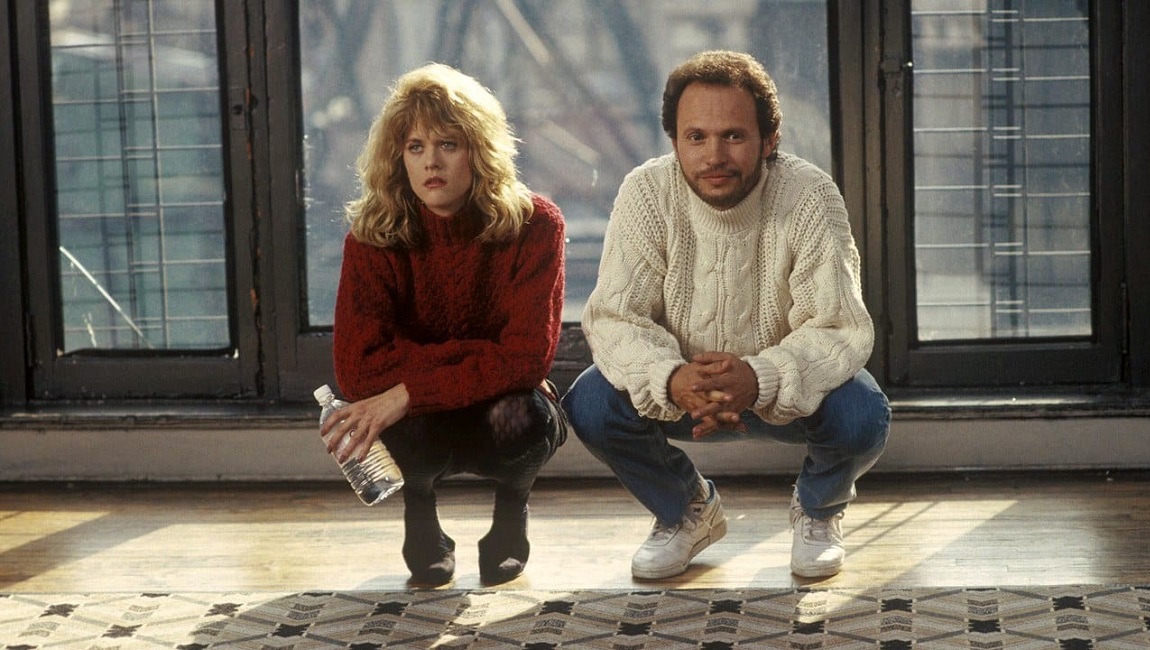Still Processing is a work of profound emotional catharsis that suggests even greater formal heights on Romvari’s horizon.
Occupying a well-deserved place on TIFF’s Short Cuts Programme 01 roster is Still Processing, one of three shorts Canadian director Sophy Romvari has released this year, each of which continues to position her as one of the most exciting talents to emerge in North American cinema in recent years. Romvari’s works have regularly taken as their focus a survey of the domestic sphere and the conflicting senses of warmth and loneliness that her city-dwelling subjects find written into the walls of their homes, as implied specters and memories of familial loss contrast with the support and solidarities of friendships (which themselves connote new forms of family). Past works have oscillated between fictive and non-fictive interests and approaches in their construction, often signaling what can be best described as a deep and personal familiarity with grief and pain — but one that has heretofore found expression in indirect fashions, from image textures to the faces of others. This is by no means a criticism, but rather to say that the director’s prior works have hinted at her evident ability to do more and go further with these potent ideas; and it is with Still Processing that Romvari does so, as she nakedly and confidently moves to occupy her own work and grasp — quite literally, with her own hands — the occasions for the affects that have shaped her cinema to this point.
The film documents a journey undertaken by the director herself to pay tribute to brothers she lost growing up, after receiving a long-withheld box of photographs from her parents. Understandably, the film is marked by an immeasurable sense of loss, and yet what impresses most about the work is the trepidation and self-awareness with which the subject matter is approached. Indeed, Still Processing is first and foremost a realization of this thought process, as Romvari frequently and subtly shifts between voiceover and subtitles in a conscious negotiation of what it means to put her images and emotions on screen, as much for her family as for herself. The complexity of all this is foregrounded in the multivalent nature of the visual choices made; as point of view, observational, and fly-on-the-wall stylistic decisions — shifting frequently in tone from the seemingly staged to the organic — sit in contrast to one another and break with the unified aesthetic of Romvari’s previous shorts. These choices make clear that the viewer is encountering a director consciously and openly exploring new modes of expression appropriate to the material in question; and while, in the case of Still Processing, these modes suggest a work perhaps less formally astute than it is in terms of content, there is no doubt that such willingness to grapple with the possibilities of cinema — as much for one’s own healing as anything else — is indicative of yet greater things to come. It seems that a wholly cogent marriage of ambition and vision is not far off, a tantalizing prospect as Romvari works toward forms as powerful and moving as the emotions on display here.
You can currently stream Sophy Romvari’s Still Processing on Mubi.
Originally published as part of TIFF 2020 — Dispatch 5.







